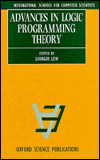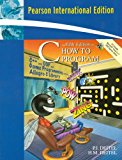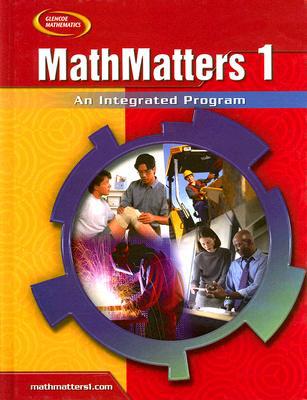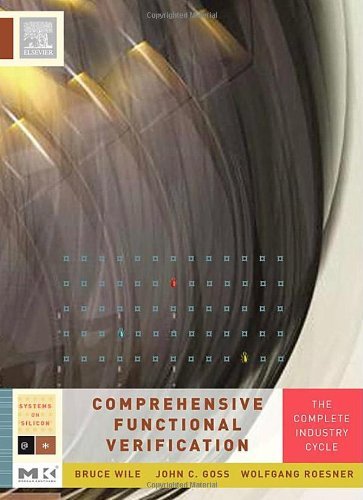Advances in Logic Programming Theory (International Schools for Computer Scientists)
Logic programming has emerged over the last five years as one of the most promising new programming paradigms and as a very active research area. The PROLOG experience has shown that relevant problems in areas such as expert systems, deductive databases, knowledge representation, and rapid prototyping can profitably be tackled by logic programming technology. It has also shown that the performance of PROLOG systems can compare with more traditional programming languages by means of sophisticated optimization and implementation of a new class of languages: the concurrent logic languages. Many recent advances in the theory of logic programs are related to extensions of the basic positive logic language and the related semantic problems. The original non-monotonic negation-as-failure rule has been extended in various ways and provided with new declarative characterizations. Other new language constructs are constraints (which lead to a very important extension of the paradigm which allows us to compute on new domains), concurrency, and modules and objects. This book, written by a team of international experts, goes beyond the classical theory to discuss these recent advances for the first time in a systematic form. The work is intended for advanced students of computer science, logic programming and artificial intelligence.
| Name in long format: | Advances in Logic Programming Theory (International Schools for Computer Scientists) |
|---|---|
| ISBN-10: | 0198538537 |
| ISBN-13: | 9780198538530 |
| Book pages: | 272 |
| Book language: | en |
| Edition: | 1 |
| Binding: | Hardcover |
| Publisher: | Clarendon Press |
| Dimensions: | Height: 9.5 Inches, Length: 6.31 Inches, Width: 0.785 Inches |














